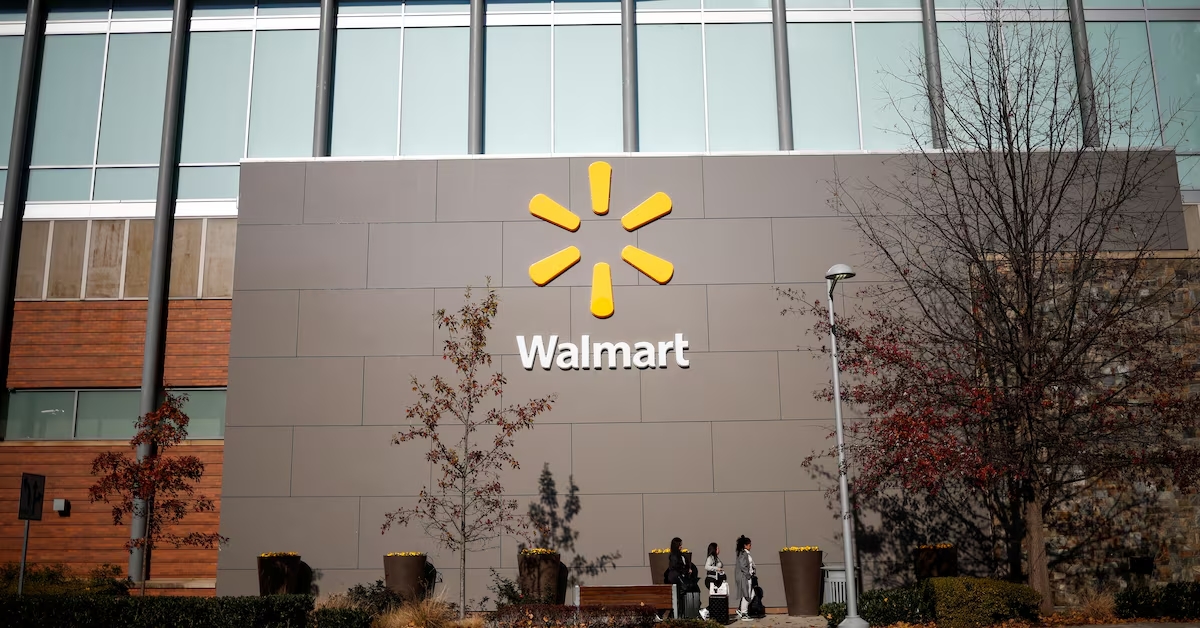U.S. Government Files Lawsuit Against Walmart and Branch Messenger
The U.S. government has filed a lawsuit against retail giant Walmart and its partner, Branch Messenger, accusing them of violating federal regulations. This legal battle has significant implications for both companies and could lead to broader scrutiny of how businesses handle worker compensation and labor practices. The lawsuit highlights growing concerns about the relationship between employers and the technologies that shape employee management and payroll systems.
Both Walmart and Branch Messenger, a company that provides a platform for managing hourly workers’ schedules, are under fire for their practices related to wages and employee benefits. The U.S. government claims that their practices have been detrimental to workers and that both companies have violated federal labor laws. As the case unfolds, it raises important questions about the intersection of technology and labor rights.
The Core Allegations Against Walmart and Branch Messenger
The lawsuit filed by the U.S. government focuses on several key allegations involving Walmart’s use of Branch Messenger’s platform to manage its hourly workers. One of the central issues is whether Walmart has been underreporting the hours worked by its employees, leading to unpaid wages. The government argues that these practices violate the Fair Labor Standards Act (FLSA), which mandates that employees must be paid for all hours worked, including overtime.
Branch Messenger, which helps companies manage their hourly workforce through digital tools, is accused of enabling these practices. The company’s platform allows businesses to track hours, schedule shifts, and manage payroll, but according to the lawsuit, it may have also facilitated underpayment by not accurately reporting hours worked. The U.S. Department of Labor claims that this has harmed employees who were entitled to proper compensation.
Walmart’s Role in the Lawsuit
As one of the largest employers in the U.S., Walmart’s role in the lawsuit is particularly significant. The company’s massive workforce includes millions of hourly workers who are paid by the hour and entitled to certain rights under federal labor laws. Walmart has long been the subject of scrutiny for its labor practices, and this lawsuit brings additional attention to the company’s treatment of its employees.
The government claims that Walmart, by using Branch Messenger’s platform, was complicit in facilitating inaccurate payroll records and improperly managing employee compensation. The lawsuit suggests that this could be part of a broader pattern of wage violations, which have historically plagued the retail industry. If proven, the case could result in substantial financial penalties and reforms in Walmart’s labor practices.
Branch Messenger’s Involvement and Legal Ramifications
While Walmart is the more prominent name in this lawsuit, Branch Messenger’s involvement also carries serious legal ramifications. The company’s digital platform, which allows businesses to manage scheduling and payroll, has been central to the government’s allegations. Branch Messenger is accused of providing services that enabled Walmart to skirt labor laws by underreporting hours worked.
Branch Messenger, which serves a range of companies, could face reputational damage if found guilty of facilitating wage violations. The case also raises concerns about the role of technology in the workforce. As more companies rely on digital platforms to manage employees, the government’s lawsuit may spark new regulations regarding the accountability of such technologies. The outcome of this case could have lasting effects on how tech companies are held responsible for their role in labor practices.
What This Lawsuit Means for Workers
For workers, this lawsuit could be a critical moment in the fight for fair wages and labor rights in the modern economy. If the court finds in favor of the U.S. government, it could pave the way for more stringent regulations governing how companies track employee hours and manage payroll. This could provide better protection for workers who rely on hourly wages and ensure they are compensated fairly for their time.
Additionally, the case could have wider implications for other companies that use digital tools to manage their workforce. If the lawsuit results in new laws or policies, businesses across various industries could be forced to overhaul their payroll systems to comply with stricter regulations. Workers may benefit from more transparency in how their hours are tracked and how their compensation is calculated.
The Broader Implications of the Lawsuit
This lawsuit is part of a larger trend of increasing scrutiny on big companies and their labor practices. With the rise of gig economy platforms and the growing use of technology in the workplace, questions about employee rights and protections are more pressing than ever. The case against Walmart and Branch Messenger is just one example of how the U.S. government is stepping in to hold corporations accountable for their treatment of workers.
The outcome of this case could set important precedents for future legal challenges related to employee compensation, labor rights, and the use of technology in managing workers. Depending on the result, it may also prompt other companies to reassess how they handle employee pay and benefits, potentially leading to broader reforms in the retail sector and beyond.
What’s Next for Walmart, Branch Messenger, and the Workforce?
As the legal process unfolds, both Walmart and Branch Messenger will likely continue to defend their practices, with both companies possibly seeking to resolve the case through settlements or changes in their internal procedures. For workers, the case could lead to a long-awaited reckoning in terms of wage fairness and labor protections.
As the U.S. government continues to hold companies accountable for violations, this lawsuit highlights the need for constant vigilance and regulation in a rapidly evolving workforce. The outcome could shape how businesses use technology in the future and ensure that workers are properly compensated for their labor.


